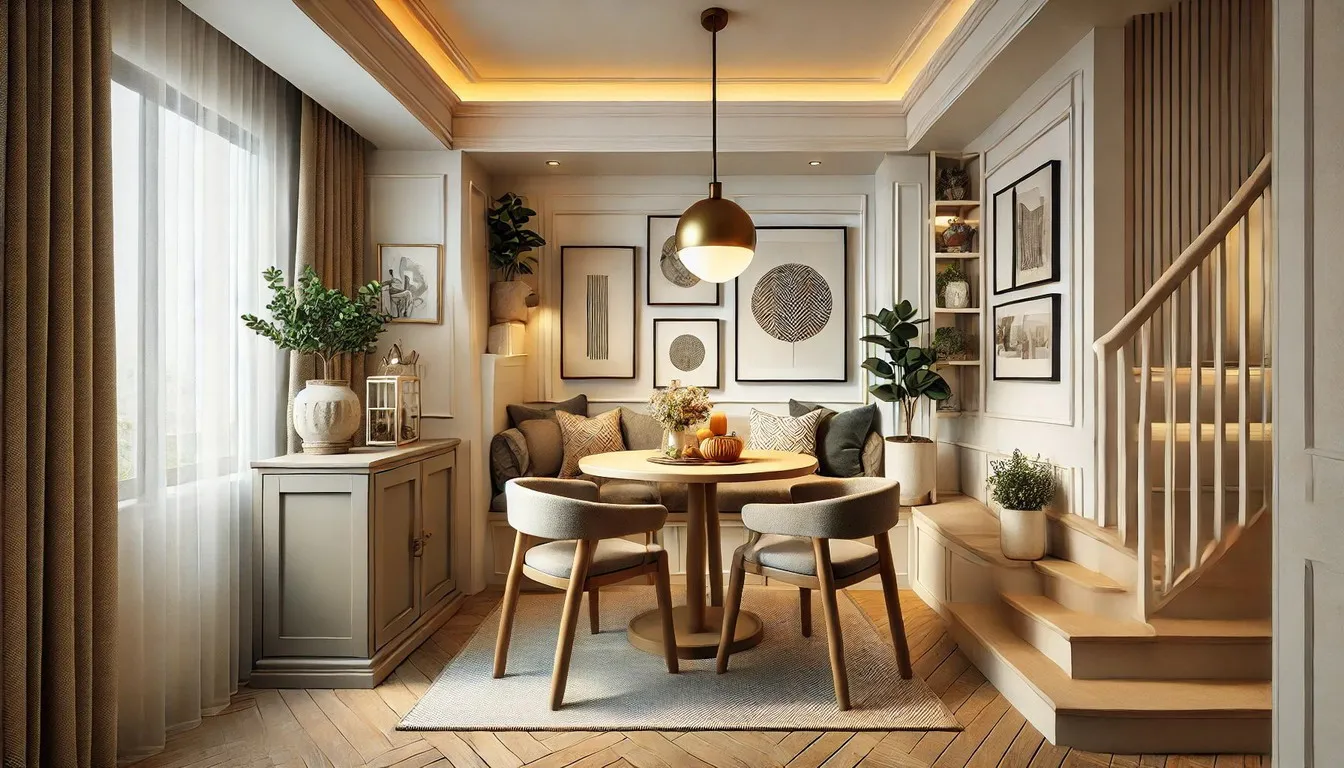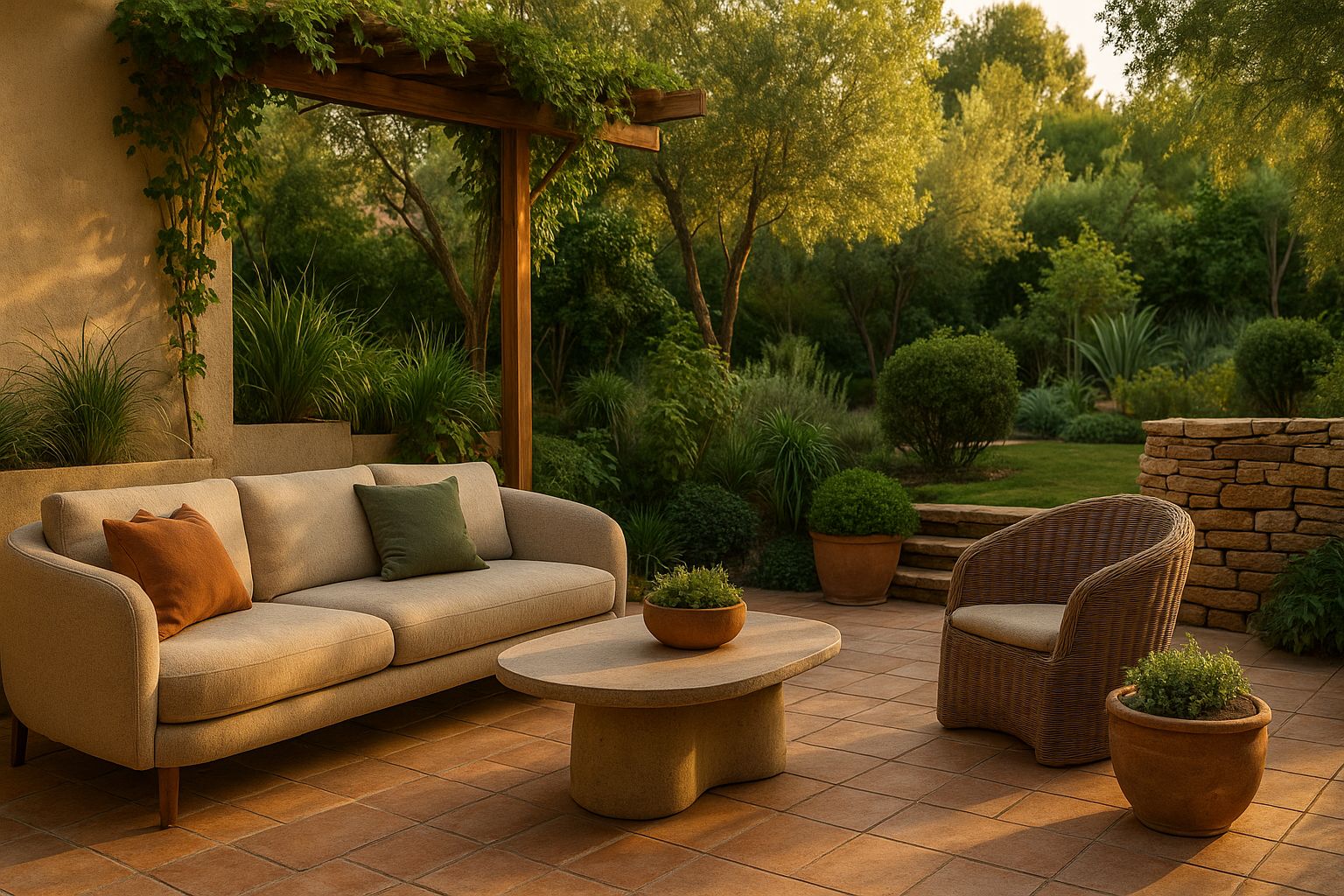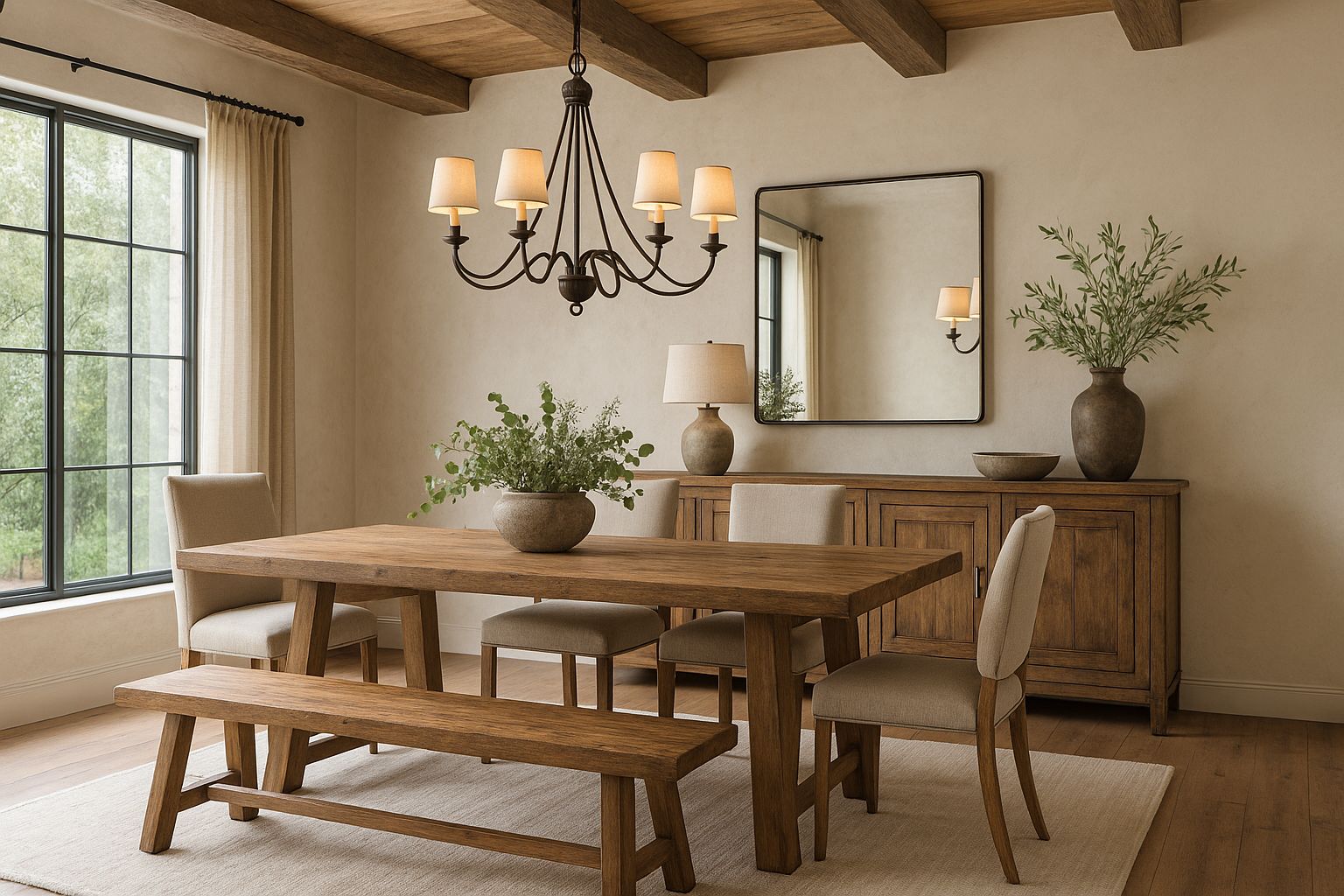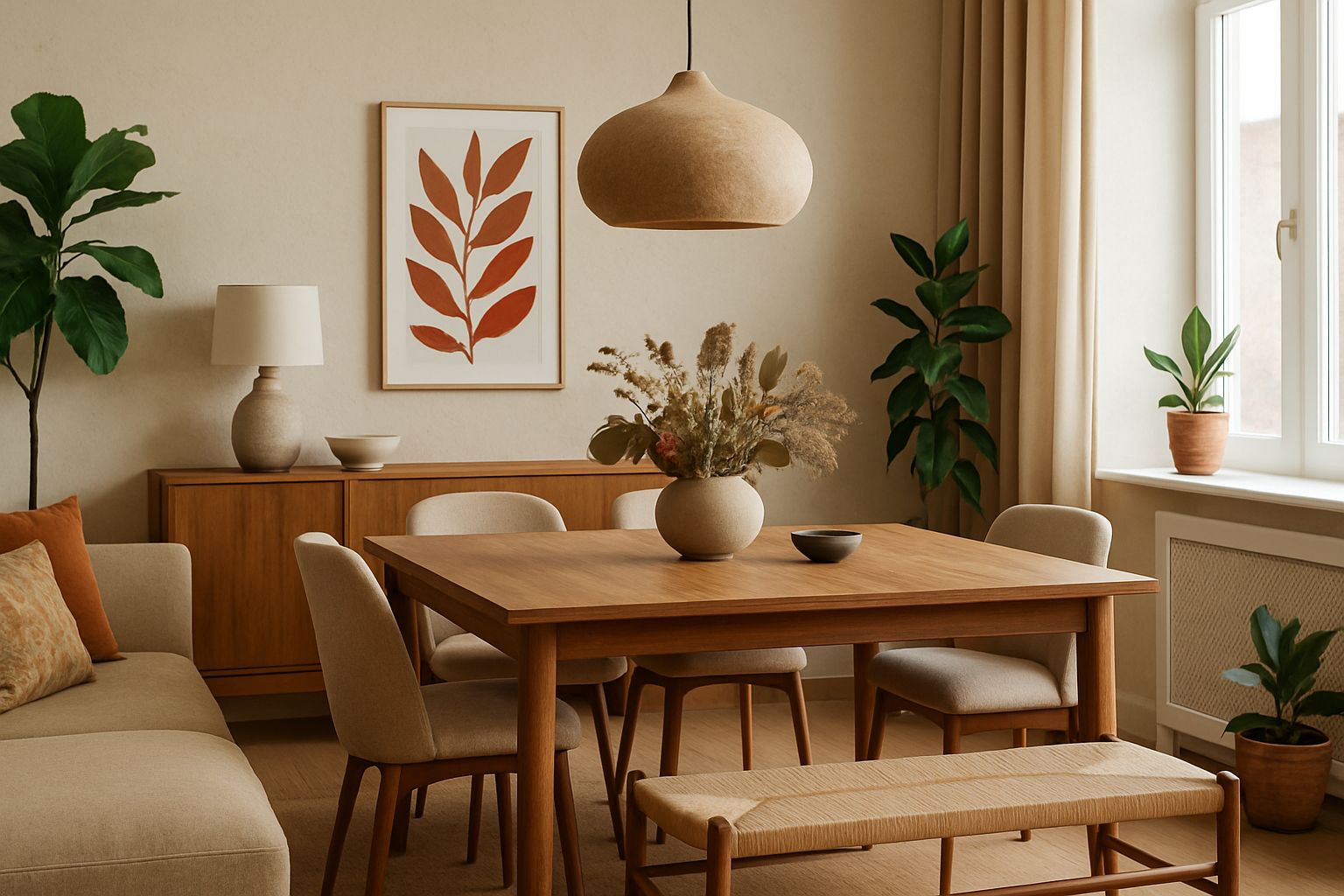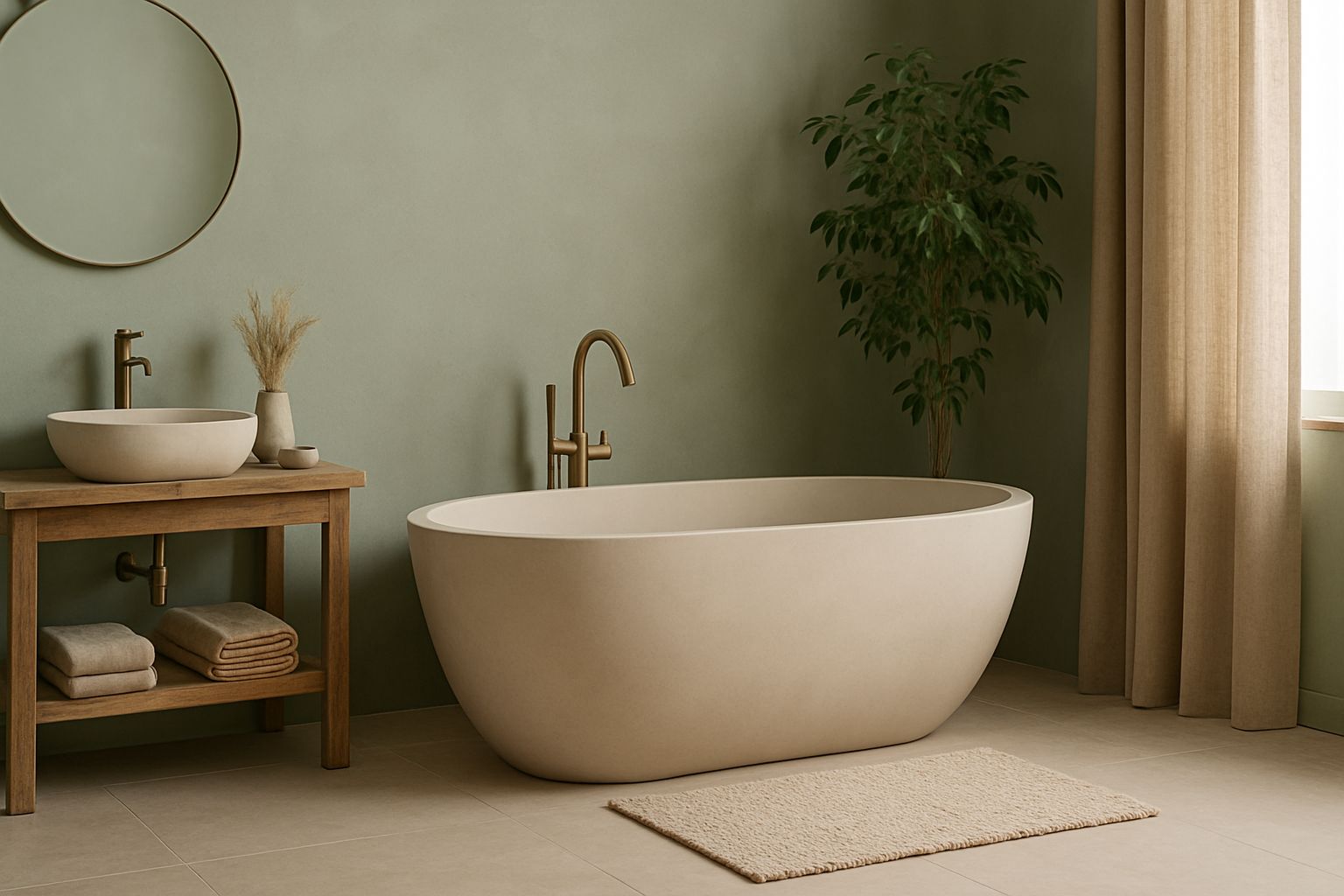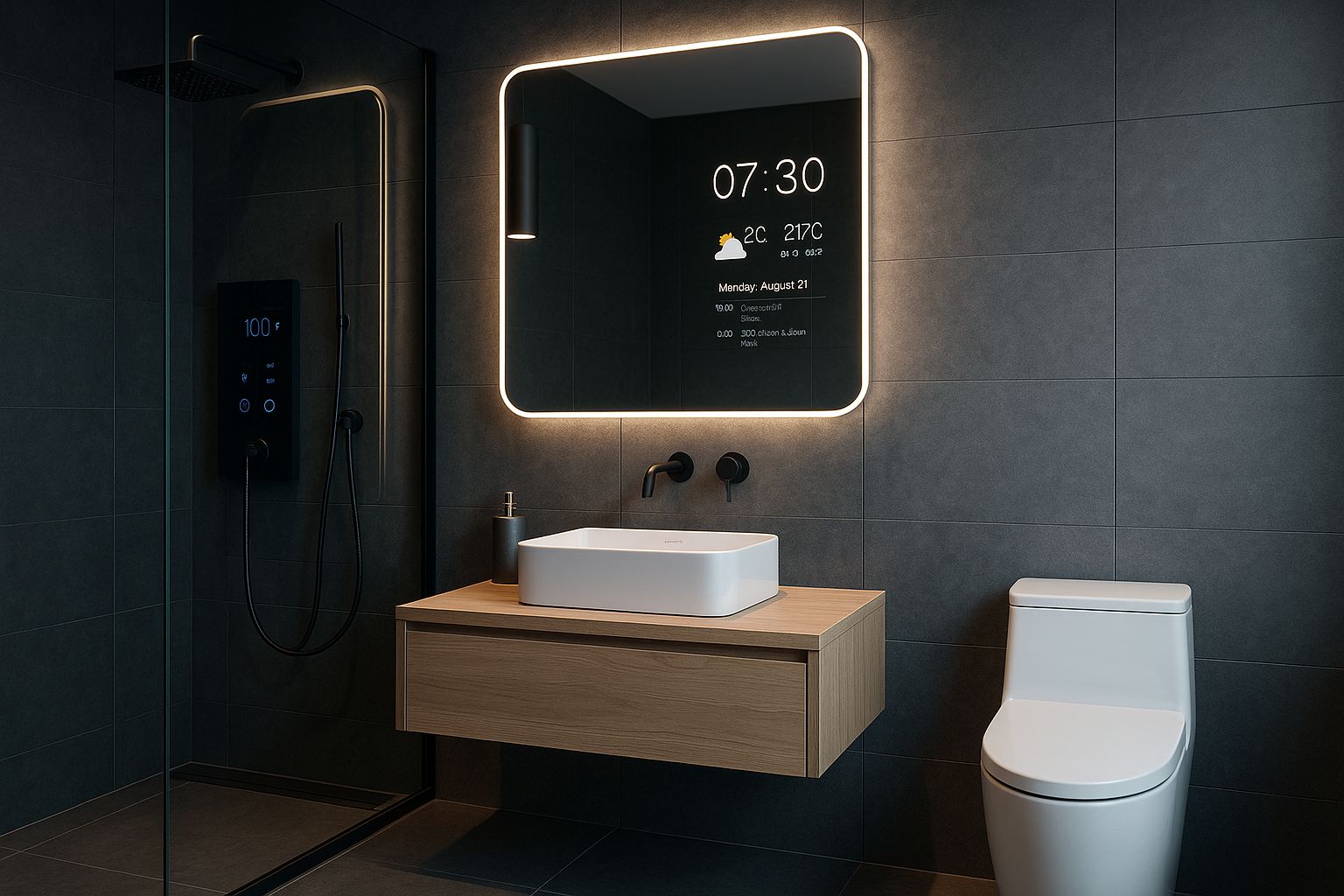Arranging furniture in a small dining room can be a daunting task. The limited space requires careful planning to create a functional yet stylish environment that caters to your dining needs. Despite these challenges, a well-organized small dining area can become a charming and intimate space for family meals and entertaining guests. In this article, we will explore various strategies and tips to help you make the most out of your small dining room, from choosing the right furniture to maximizing storage and enhancing visual appeal.
Assessing the Space
Before you start arranging furniture, it’s essential to understand the dimensions and characteristics of your dining room. Begin by measuring the room’s length, width, and height to determine the available space. Identify any focal points, such as windows, architectural features, or a fireplace, as these can influence your furniture placement.
Consider the flow of movement within the room. Ensure there is enough space for people to move around comfortably without bumping into furniture. Take note of entry points, such as doors and walkways, and plan your layout to keep these areas clear and accessible.
Choosing the Right Furniture
When dealing with a small dining room, selecting the right furniture is crucial. Opt for multifunctional pieces that can serve multiple purposes. For example, an extendable dining table can be adjusted to accommodate more guests when needed and retracted to save space when not in use. Benches with built-in storage can provide seating while also offering a place to store items.
Choose furniture that is appropriately sized for the room. Oversized pieces can make the space feel cramped, while smaller, more delicate furniture can create an illusion of a larger area. Lightweight, movable furniture is also beneficial as it allows for flexibility in rearranging the layout when necessary.
Layout Ideas
Different layouts can help maximize the functionality and aesthetic appeal of your small dining room. Here are a few ideas to consider:
- Classic Layout: Central Dining Table with Surrounding Chairs
- Pros: This traditional setup is straightforward and functional, making it easy to accommodate various dining activities.
- Cons: It can be space-consuming, especially if the table and chairs are large.
- Ideal Room Shapes and Sizes: Rectangular or square rooms with enough width to allow for movement around the table.
- Corner Banquette Layout
- Description: This layout involves placing a banquette or bench seating against a corner wall, paired with a table and a few chairs.
- Benefits: It saves space by utilizing the corner and provides additional seating without requiring more floor space.
- Space-Saving Aspects: The banquette can have built-in storage underneath, adding extra functionality.
- Floating Furniture Layout
- Description: This involves positioning furniture away from the walls, creating a sense of openness and flow within the room.
- Benefits: It allows for more creative arrangements and can make the room feel larger.
- Creating a Sense of Openness: Use lightweight, visually unobtrusive furniture to maintain an airy feel.
Maximizing Storage
Storage is a vital aspect of small dining rooms. Here are some strategies to optimize storage without compromising on style:
- Built-In Storage Solutions
- Wall-Mounted Cabinets and Shelving: Utilize vertical space by installing shelves or cabinets on the walls. This keeps the floor area clear while providing ample storage for dishes, glassware, and other dining essentials.
- Built-In Banquettes: As mentioned earlier, banquettes can include hidden storage compartments under the seating, perfect for storing table linens, serving ware, or even seasonal decor.
- Multipurpose Furniture
- Storage Benches: Use benches with storage capabilities for seating. These benches can store items like extra cushions, placemats, or board games.
- Sideboards and Buffets: These pieces offer additional storage while providing a surface for serving food or displaying decor.
- Using Vertical Space Effectively
- Tall Shelves and Cabinets: Invest in tall furniture pieces that make use of the room’s height. This not only maximizes storage but also draws the eye upward, making the room feel larger.
Enhancing Visual Appeal
Creating an inviting and visually appealing small dining room involves thoughtful decor choices and design techniques. Here are some tips to enhance the aesthetic of your space:
- Cohesive Color Scheme
- Light Colors: Use light colors for walls and furniture to make the room feel more spacious. Whites, pastels, and neutral tones reflect light, creating an airy and open atmosphere.
- Cohesive Palette: Choose a cohesive color palette for your furniture, textiles, and decor. This helps create a harmonious look and avoids visual clutter.
- Mirrors and Reflective Surfaces
- Mirrors: Strategically place mirrors on walls to reflect light and create the illusion of a larger space. A large mirror can make a significant impact, while smaller mirrors can be grouped for a decorative effect.
- Reflective Surfaces: Incorporate reflective surfaces, such as glass tabletops, metallic accents, or glossy finishes. These elements can enhance the sense of space by bouncing light around the room.
- Complementary Decor
- Light Curtains: Opt for light, sheer curtains that allow natural light to filter through. Heavy drapes can make the room feel enclosed and smaller.
- Minimalistic Art: Choose minimalistic art and decor that do not overwhelm the space. Simple, elegant pieces can add character without creating visual clutter.
Practical Tips for Daily Use
Maintaining a small dining room requires ongoing attention to keep it functional and inviting. Here are some practical tips:
- Keep the Dining Area Clutter-Free
- Regular Cleaning: Regularly clean and declutter the dining area to prevent the accumulation of unnecessary items.
- Organized Storage: Ensure that storage spaces are well-organized, making it easy to find and put away items.
- Reassess the Arrangement Regularly
- Seasonal Changes: Reassess the furniture arrangement seasonally or as needed to ensure it continues to meet your needs.
- Flexible Layouts: Consider flexible layouts that can be easily adjusted for different occasions, such as hosting guests or daily family meals.
- Ensure Comfortable Seating for All Guests
- Cushions and Pads: Add cushions or pads to chairs and benches to enhance comfort during meals.
- Adjustable Seating: Use adjustable or extendable seating options to accommodate different numbers of guests comfortably.
Arranging furniture in a small dining room requires a thoughtful approach to make the most of the available space. By choosing the right furniture, optimizing storage, and enhancing visual appeal, you can create a functional and stylish dining area that feels larger than it is. Remember to keep the space clutter-free and flexible, allowing for easy adjustments to suit various occasions. With these tips and ideas, your small dining room can become a charming and intimate space for memorable meals and gatherings.
Additional Resources
- Articles and Blogs: Look for online articles and blogs that offer additional tips and inspiration for small dining room design.
- Videos and Tutorials: Watch videos and tutorials on furniture arrangement and interior design for practical demonstrations.
- Design Tools: Utilize online design tools and apps to experiment with different layouts and visualize your space.
By following these guidelines, you can transform your small dining room into a cozy and stylish haven that maximizes both space and functionality.

